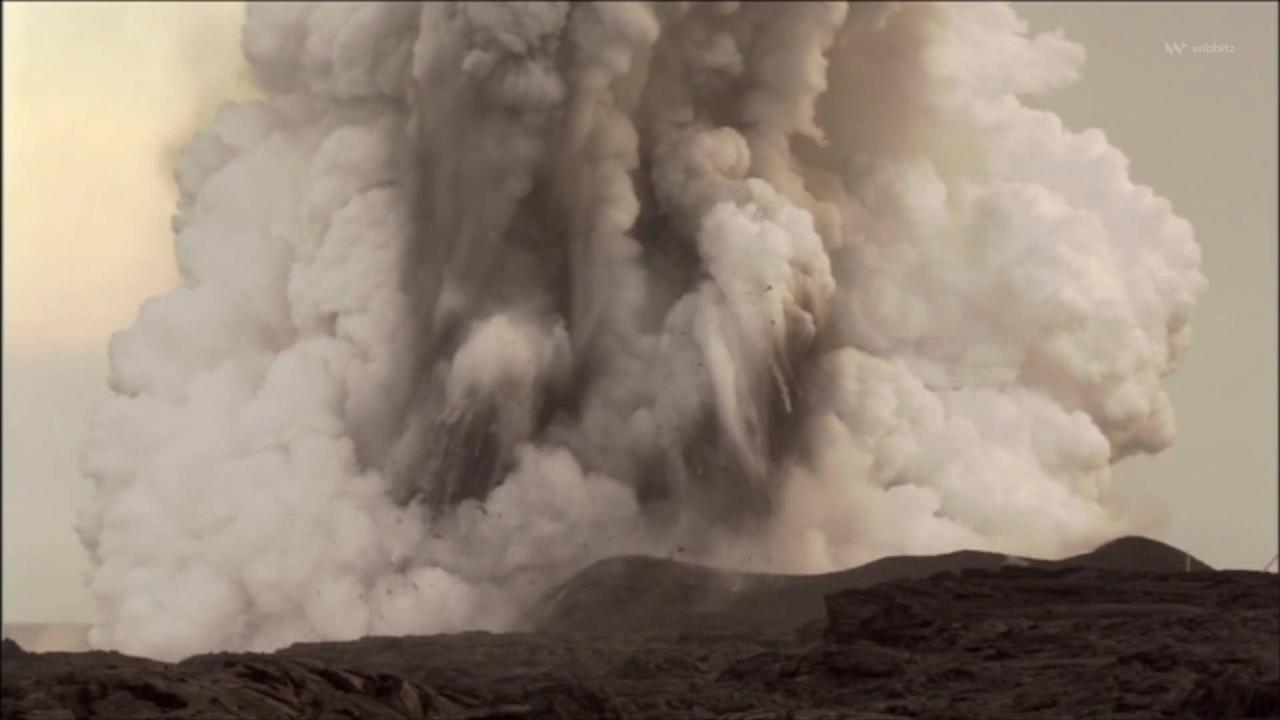
2022 Tonga Eruption Pierced a Hole, in Earth’s Ozone Layer, , Study Says.
'Newsweek' reports that the 2022 eruption of the Hunga-Tonga Hunga-Haapai volcano blasted a hole in the Earth's ozone layer.
.
According to a new study published in the journal 'Science,' the chunk taken out of the Earth's protective barrier was caused by water vapor from the eruption.
.
On January 15 of 2022, the explosive eruption on the island of Tonga released 100,000 times more energy than the nuclear bomb dropped on Hiroshima, Japan.
.
'Newsweek' reports that the new study found the ozone layer above some regions was depleted by up to 5% within a single week of the eruption.
'Newsweek' reports that the new study found the ozone layer above some regions was depleted by up to 5% within a single week of the eruption.
The impact on the atmosphere was caused by huge amounts of water, black ash, hydrochloric acid (HCI) and sulfur dioxide forming towering 34-meter-high plumes of vapor.
Usually there are roughly four million water molecules per million in the stratosphere, and the volcanic plume contained up to 300, Olaf Morgenstern, Principal atmosphere and climatescientist at New Zealand's National Institute of Water and Atmospherics (NIWA), via 'Newsweek'.
'Newsweek' reports that the vapor towers react with other chemicals ejected by the volcano, which resulted in a break down of the atmosphere above the southwestern Pacific and Indian Ocean.
Major volcanic eruptions can inject gases and particles into the stratosphere (approximately 15-50 km [9.3 miles to 31 miles] above Earth's surface) where the protective ozone layer resides, Laura Revell, Associate professor of physical and chemical sciences at the University of Canterbury in New Zealand, via 'Newsweek'.
It is fairly common to see short-term ozone losses following a major eruption as a result of reactions involving volcanic aerosol and chlorine, Laura Revell, Associate professor of physical and chemical sciences at the University of Canterbury in New Zealand, via 'Newsweek'.
It is fairly common to see short-term ozone losses following a major eruption as a result of reactions involving volcanic aerosol and chlorine, Laura Revell, Associate professor of physical and chemical sciences at the University of Canterbury in New Zealand, via 'Newsweek'.
'Newsweek' reports that the authors of the paper hope their findings will help shed light on how natural disasters impact the atmosphere and climate change.
